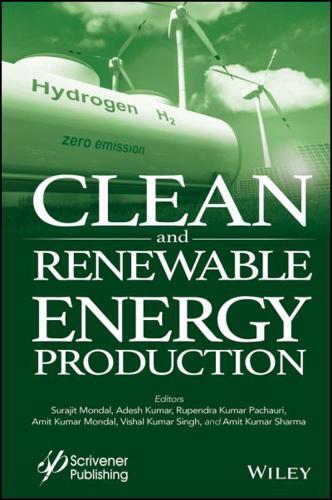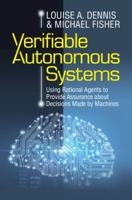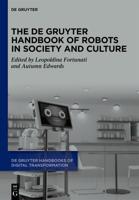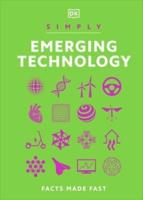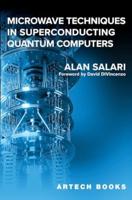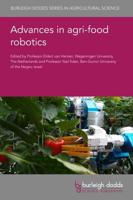Publisher's Synopsis
CLEAN and RENEWABLE ENERGY PRODUCTION
According to the World Renewable Energy Council (WREC), by the year 2100, the world's population will increase to 12 billion and the worldwide energy demand will increase steeply to about five times the present scenario. Researchers are striving to find alternative forms of energy, and this quest is strongly forced by the increasing worry over climate change and planetary heating. Among the diverse varieties of alternative energy sources, biomass has the singular advantage of being carbon neutral. The carbon that is discharged to the atmosphere during its exercise is read back during the utilization of biomass resources for energy output. Currently, biomass provides approximately 13% of the world's primary energy supply and more than 75% of global renewable energy. Indeed, it is estimated that bioenergy could contribute 25-33% of the global energy supply by 2050. Continued adoption of biomass will require efficient conversion rates and avoidance of competition with food and fibers.
This book focuses on the recent practices in clean energy and renewable energy. The contributors highlight how newer technologies are reducing the dependency on non-renewable resources, benefiting the researchers who are working in the area of clean and renewable energy production. This new volume will also benefit mechanical engineers, electrical engineers, and bioengineers as they will be updated with the recent work progressing all over the globe. It will benefit the professionals working in the renewable energy sector such as solar, wind, hydrothermal, hydrogen, and bioenergy, including professors, research scholars, industry professionals, and students working in this field.
